Monday, 13 May 2024
Menu
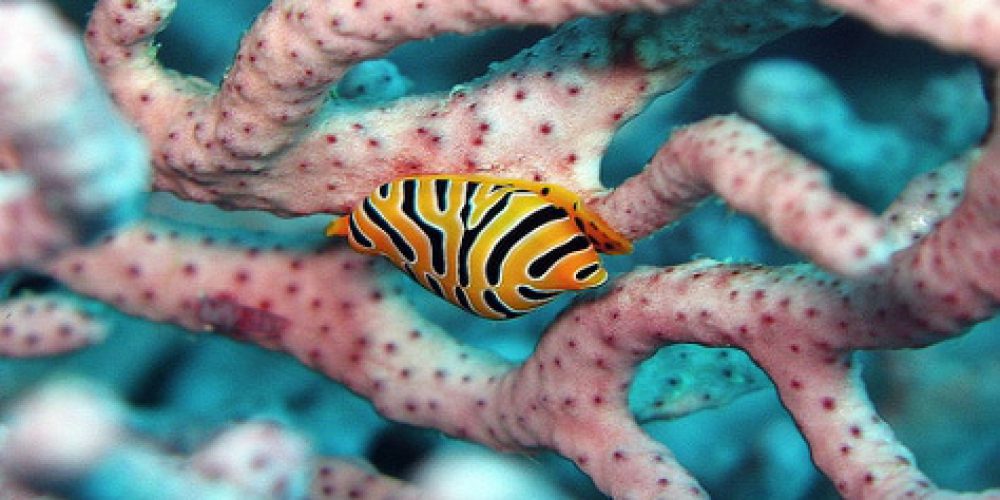
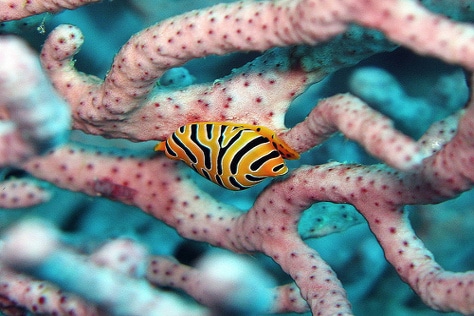
Thailand has closed 18 diving sites, in places such as the Similan Islands, Surin Islands and Phi Phi. These sites are to be closed for up to five years. This radical move was announced by the director of the Department of National Parks, Nature and Conservation Planning, Sunan Aroonnoppat.
Local dive centres located on Phuket and the Andaman Islands say they do not see how diving would slow down or disrupt coral reef growth. Dive operators intend to voice their dissatisfaction with the ban issued.
In the exceptionally hot year of 2010, high water temperatures persisted long enough to lead to the death of more than 50% of the corals in some areas. The diving ban can be lifted after 3 years depending on the degree of reef recovery.
Unfortunately, the extinction of corals worldwide is not uncommon. Until now, this phenomenon has been localised, but starting in the 1980s it began to accelerate. In 1998, El Nino caused the water in the oceans to heat up above 31 degrees, which led to the death of many coral reefs. Subsequent disasters in 2002 and 2006 have now left almost 90% of the coral reefs off the Maldives, Kenya, Tanzania and the Seychelles dead. Almost 60% of the Great Barrier Reef near Australia is also dead.
The phenomenon of “fading”, as a result of which corals die, occurs in water with high temperatures. The change in water temperature does not harm the corals themselves, but it does prevent photosynthesis by bacteria living in symbiosis with them. These bacteria, also responsible for the brilliant colours of coral reefs, produce carbohydrates that the corals feed on. When food becomes scarce, the reef dies.
The hope for coral reefs around the world may be the varieties of coral living in the Red and Arabian Seas, which thrive despite water temperatures exceeding 34 degrees. Scientists are planning projects to populate areas where existing reefs have died with these corals.
Coral growth and regeneration is very slow. They only grow 3 to 6 centimetres per year. This is why it is so important for us divers to remember not to damage or break corals and not to litter the sea.
source: http://www.xray-mag.com/ Photo: prillfish/flicker

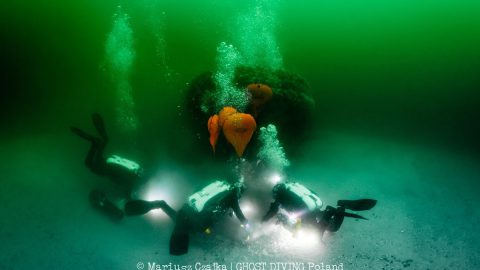

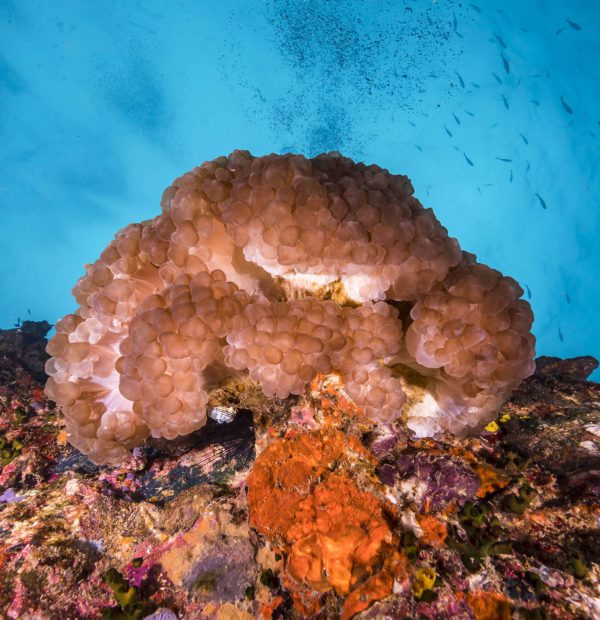
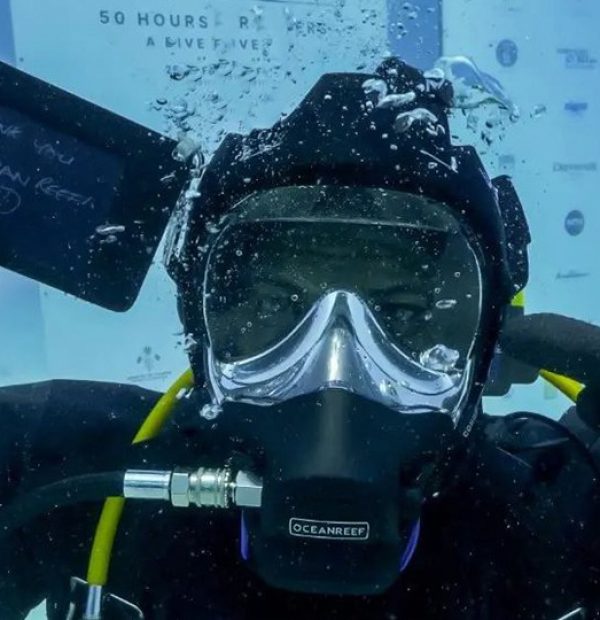
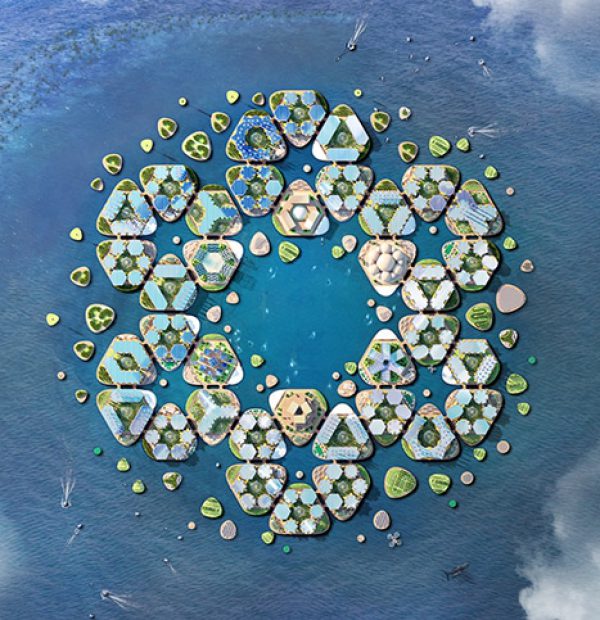
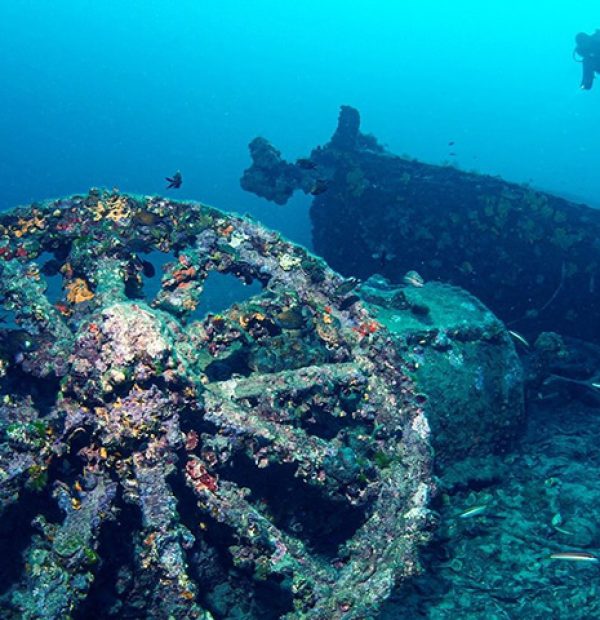
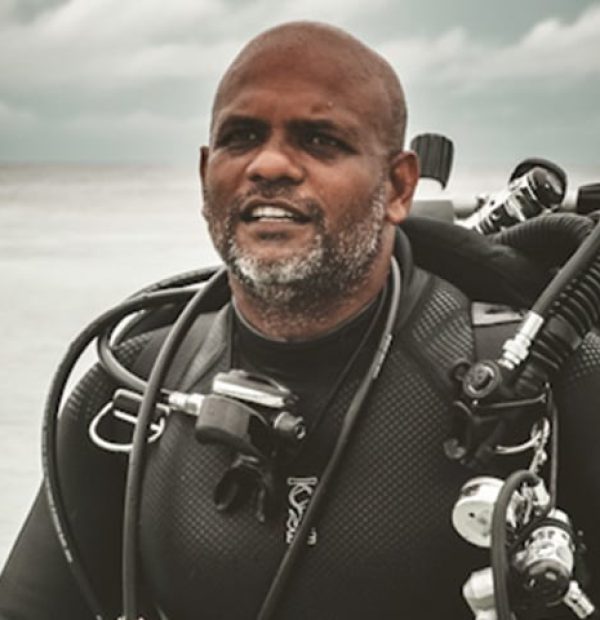
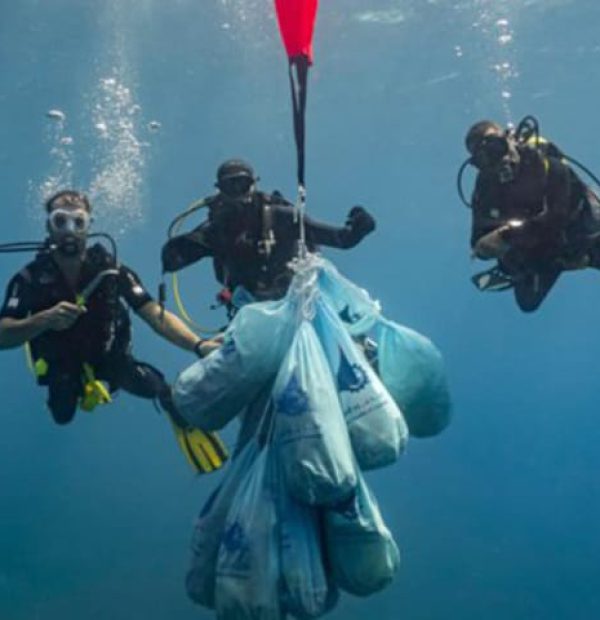

Welcome to DIVERS24.COM, your daily source of scuba news, freediving, scuba diving information, and equipment reviews. Our comprehensive coverage of the dive industry from A to Z provides you with all the latest scuba news, training updates, underwater photography tips, and everything else related to scuba diving. Whether you’re a beginner or an experienced diver looking for more knowledge about scuba gear or techniques – we’ve got it covered! With our in-depth articles written by experienced divers who have been there and done that, you are sure to find exactly what you need here at Divers24.com. Dive into scuba news today!
Underwater Media Sp. z o.o.
Szafarnia 11/F8,
80-755 Gdansk, Poland
Welcome to DIVERS24.COM, your daily source of scuba news, freediving, and scuba diving information. Sign in for a weekly news update and discount coupons for dive gear and apparel.
@2023 - underwatermedia.pl. All Right Reserved. Designed and Developed by Tworzenie stron internetowych Gdansk

The Divers24 portal is currently the largest online medium treating diving in Poland. Since 2010 we have been providing interesting and important information from Poland and around the world on all forms of diving and related activities.
Contact us: info@divers24.com